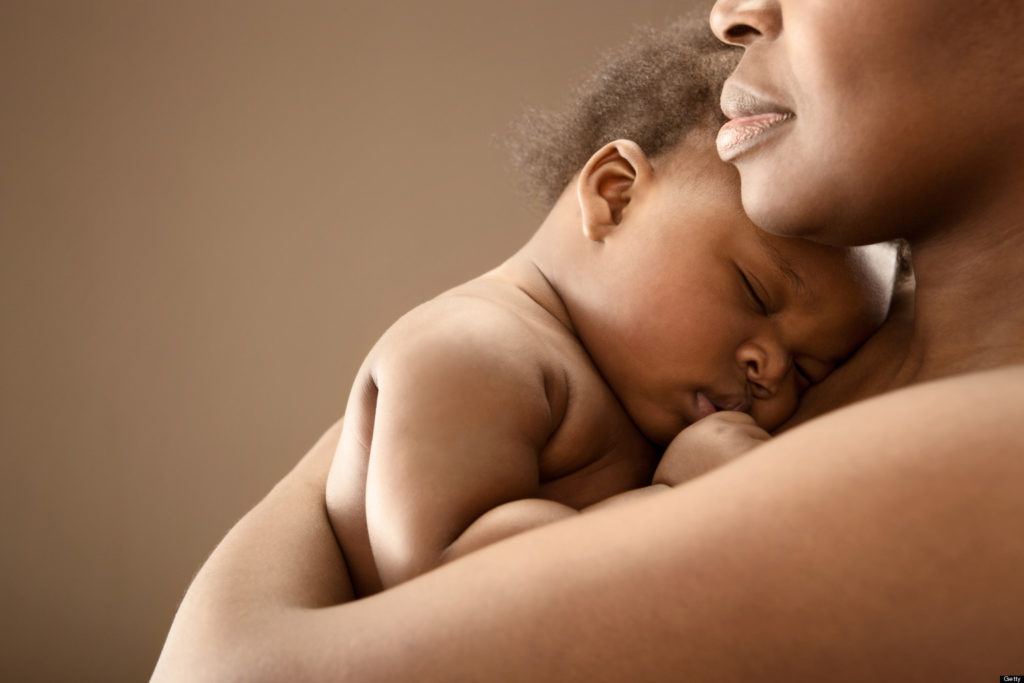
Looking After a New Baby
Keeping your baby safe is very important. Buying new furniture and other things can excite but before buying it because it looks good, always make sure it is safe.
Home safety
Trying to keep your house as safe as possible can be difficult. You may like to use a checklist as a starting point for making your child’s environment safer.
- Put poisonous materials as high as possible and never put them into old drink containers.
- Have childproof locks fitted to cupboards.
- Keep cords tucked away and use safety plugs on unused power points.
- Have an electrical safety switch installed.
- Place hot foods in the center of the table.
- Store medicines in a locked cupboard or as high as possible.
- Try to dress children in non-flammable clothing.
- Never leave a child alone in a car and always use properly fitted child restraints.
- Always stay with your child while bathing them.
- Never leave buckets of water or paddle pools full of water. Be sure to empty them to prevent drowning.
- Check for things that a baby can pull down on themselves.
Car seats
It is an important and legal requirement that you have an approved car seat that is fitted properly to keep your baby safe. Remember, any objects left in the car can become potential flying objects in an accident.

Immunization
Immunization protects children against harmful infections by using the body’s natural defense, the immune response, to build resistance to infections. Some children may have a reaction to the immunization, so speak to your health worker about what to look out for and seek medical advice if this happens. Many childcare centers will not accept children who have not been immunized.
Fevers
Fevers can occur in any age group for many reasons such as infections, reactions to immunizations or illnesses like the flu. When your child’s temperature is above 37.5 degrees, they have a fever and should be seen by a doctor. To help reduce the fever, sponge the child or a baby with lukewarm water and then dress lightly. Do not bathe the child in cold water. Paracetamol should help reduce the fever, but be sure to use correct amounts for their age and weight. Never give more than directed.
Tantrums
Almost every child throws a tantrum at some point. This is their way of expressing anger or frustration. Maybe it is because they are not getting something they want, or they are frustrated at not being understood or they are simply overtired. They are not being deliberately naughty, but it seems to them to be the only way to get what they want.
Teething
Teething can be a very stressful time in a baby’s life and even for the parents. Babies get their first tooth at around six months. Some main signs to watch for in teething babies or children may include: rosy red cheeks, dribbling, biting and chewing on things, poor appetite, diarrhea or a sore red rash on their bottom.
